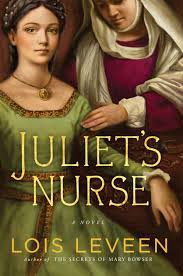
Book Review of Lois Leveen’s novel “Juliet’s Nurse”

Un viaggio virtuale in Italia tra le pagine di un romanzo
Taking part in a virtual journey in Italy through literature
Sto partecipando a un Virtual Book Tour organizzato da Laura Fabiani di Italy Book Tours. Il nuovo libro di Lois Leveen, intitolato “Juliet’s Nurse”, è un’avventura affascinante e storicamente ricca.
I am taking part in a Virtual Book Tour organized by Laura Fabiani of Italy Book Tours. Lois Leveen’s new book, “Juliet’s Nurse”, is a fascinating and historically rich adventure.
La trama del romanzo — un’anteprima
The novel’s plot — sneak peek
Quando si parla di grandi opere letterarie, è spesso difficile competere con autori che hanno già creato trame straordinariamente originali e personaggi indimenticabili, guadagnandosi un posto fisso nel firmamento letterario. In effetti, si potrebbe dire che sia piuttosto audace per un nuovo autore prendere un personaggio famoso, come la capricciosa Scarlett O’Hara di Margaret Mitchell, modificarne la storia e reinventarlo per scoprire come prosegue la sua vita dopo che Rhett Butler le ha detto: “Francamente, mia cara, non me ne importa niente.”
When it comes to great works of literature, it is often hard to compete with authors who have already created stunningly original plots and unforgettable characters, earning them a permanent place in the literary firmament. Indeed, one might say it is downright presumptuous for a new author to take a well-known character, such as Margaret Mitchell’s spoiled southern belle Scarlett O’Hara, tinker with her storyline, and reinvent her character to see how she manages after Rhett Butler tells her, “Frankly, my dear, I don’t give a damn.”
Gli avventurieri della creatività
The adventurers of creativity
Eppure, il mondo creativo è pieno di tali avventurieri! Un artista o uno scrittore di vero talento, se crede di poter portare qualcosa di nuovo e interessante a una storia già nota, non si lascerà scoraggiare facilmente. Quanti artisti hanno tentato di ricreare, aggiungere o parodiare una creazione già famosa? Nel mondo della pittura, ci sono infinite variazioni della Gioconda di Leonardo. Marcel Duchamp, per esempio, osò aggiungere baffi al capolavoro, costringendoci a guardare l’arte con occhi nuovi.
Yet, the creative realm is filled with such adventurers! A truly gifted artist or writer, if they believe they can bring something new and interesting to an already familiar story, will not be easily dissuaded. How many artists have attempted to recreate, add to, or parody someone else’s famous creation? In the world of painting, there are endless variations of Leonardo’s Mona Lisa. Take Marcel Duchamp, for instance, who dared to add a mustache to the masterpiece, forcing us to see art in a new way.
Angelica, la testimone silenziosa
Angelica, the silent witness
In Juliet’s Nurse di Lois Leveen, l’autrice si cimenta in una nuova avventura narrativa, rivisitando il capolavoro tragico di Shakespeare Romeo e Giulietta. Poiché i due protagonisti principali muoiono alla fine della storia, Leveen sceglie di focalizzarsi su Angelica, la nutrice di Giulietta, sua confidente e amica più intima. Attraverso i suoi occhi, il lettore viene immerso nei dettagli della vita del XIII secolo a Verona.
In Juliet’s Nurse by Lois Leveen, the author takes on a new narrative adventure, revisiting Shakespeare’s tragic masterpiece Romeo and Juliet. Since the two protagonists are dead by the end of the story, Leveen focuses on Angelica, Juliet’s nurse, her confidant and closest friend. Through her eyes, the reader is immersed in the details of 13th-century life in Verona.
La Verona medievale prende vita
Medieval Verona comes alive
Leveen descrive con precisione cosa indossavano le persone, come si occupavano dell’igiene personale, cosa mangiavano, come pregavano e persino come confessavano i loro peccati. Approfondisce argomenti come il lutto, la peste, la morte, ma anche la gioia, l’amore e il parto, esplorando il ruolo delle donne nella società medievale.
Leveen vividly describes what people wore, how they maintained personal hygiene, what they ate, how they prayed, and even how they confessed their sins. She delves into topics such as grief, plague, death, but also joy, love, and childbirth, exploring the role of women in medieval society.
Un racconto interessante ma prevedibile
An interesting yet predictable tale
Nonostante i ricchi dettagli storici, la trama manca di quell’audacia creativa che avrei sperato. La storia segue fedelmente il filo narrativo originale di Shakespeare, con pochi colpi di scena significativi che avrebbero potuto rivoluzionare la nostra percezione dei personaggi.
Despite its rich historical detail, the plot lacks the creative boldness I had hoped for. The story faithfully follows Shakespeare’s original narrative thread, with few significant twists that could have revolutionized our perception of the characters.
Una lettura piacevole, ma non sorprendente
A pleasant, but not groundbreaking read
In sintesi, Juliet’s Nurse è una lettura piacevole e ricca di dettagli storici, ma un po’ carente in termini di trama. Shakespeare può dormire sonni tranquilli: la sua stella brilla ancora in modo ineguagliabile nel firmamento letterario.
In summary, Juliet’s Nurse is a pleasant read, rich in historical detail but somewhat lacking in plot. Shakespeare can rest easy: his star still shines unparalleled in the literary firmament.
If you love novels set in Italy, don’t miss Melissa Muldoon’s books!
Dive into romantic adventures set in the captivating cities of Florence, Arezzo, Rome, and Montepulciano. Melissa’s second novel, “Waking Isabella”, is also available in Italian! Treat yourself to an armchair journey through Italy and let yourself be swept away by the charm of these enchanting locations.
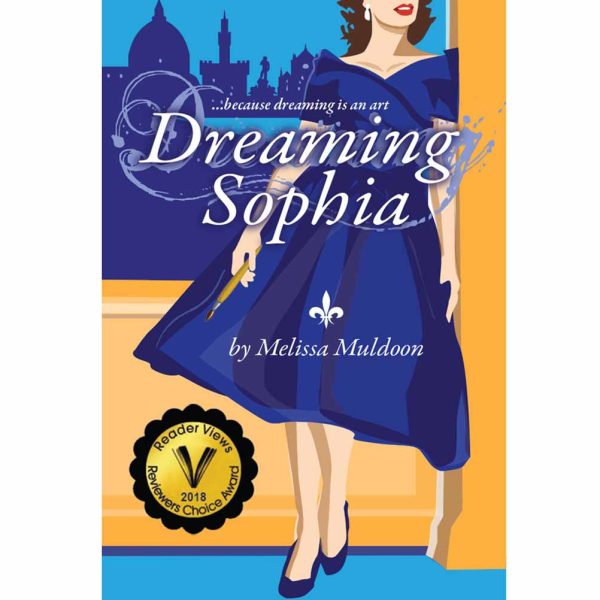
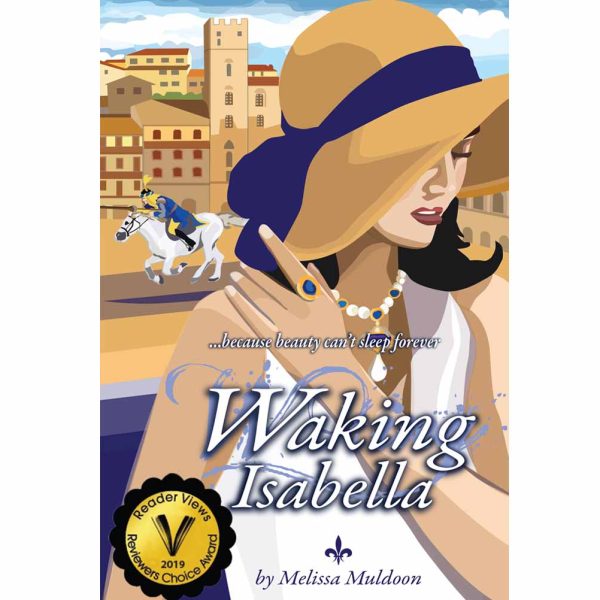
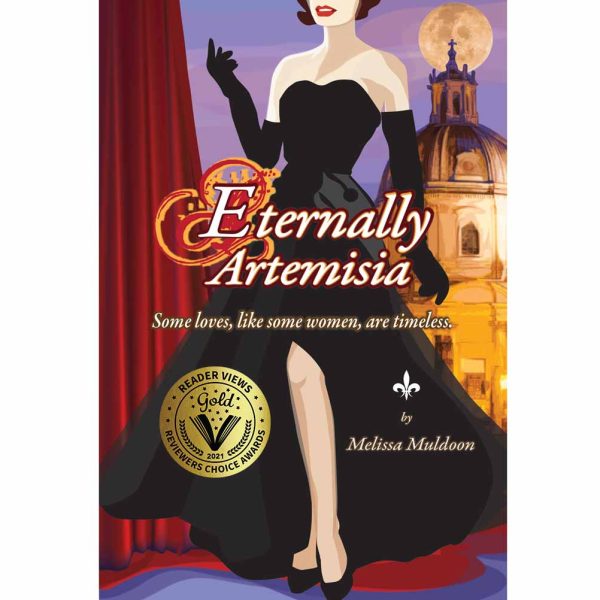

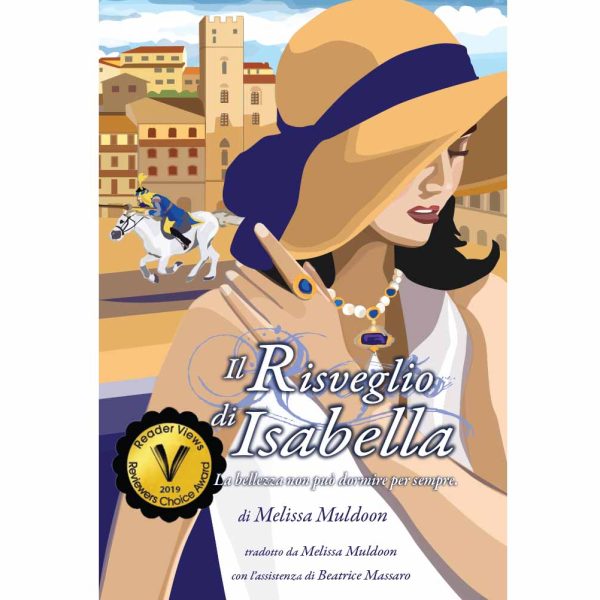



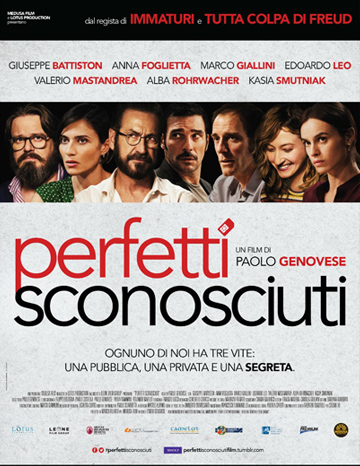







Sai scrivere davvero bene,Melissa!A dire il vero,non capisco perchè finora non abbia dato alla luce un romanzo del tutto tuo.Sarei il tuo fan numero uno!Immagino che ad una persona cosi creativa come tu,non manchino le idee.Come ho imparato dal tuo articolo,si può anche rifare qualche opera classica(ad esempio,”Otello,il Moro di Venezia.”)
P.S.Scusami,ma non capisco perché ogni volta che aggiungo un commento, devo reinserire nelle caselle sovrastanti il mio nome ed e-mail.Che fastidio!
Ciao Leo! sai come lusingare una ragazza! ma senti…chi dice che non sto già scrivendo un libro? Tutto è possibile quando se matta come me! Ti tengo informato!
Grazie per il tuo feedback per quanto riguarda la impostazione dei commenti. Ho appena cambiato la configurazione e adesso non è necessario riempire il nome e email ogni volta che qualcuno vuole lasciare un commento. Vediamo se questo funziona meglio, ma se ricevo tanto spam, torno indietro.
Eh-eh-eh,Melissa,quando scrivo in italiano cerco soprattutto di evitare sbagli grammaticali e spesso non mi rendo conto cosa sto dicendo!Appena ti avevo mandato il mio commento,mi è venuta in mente la stessa cosa.Grazie di aver confermato che stai infatti scrivendo un libro.Spero che potrai svelare presto di cosa si tratta!Buon lavoro e grazie ancora per il tuo blog 🙂